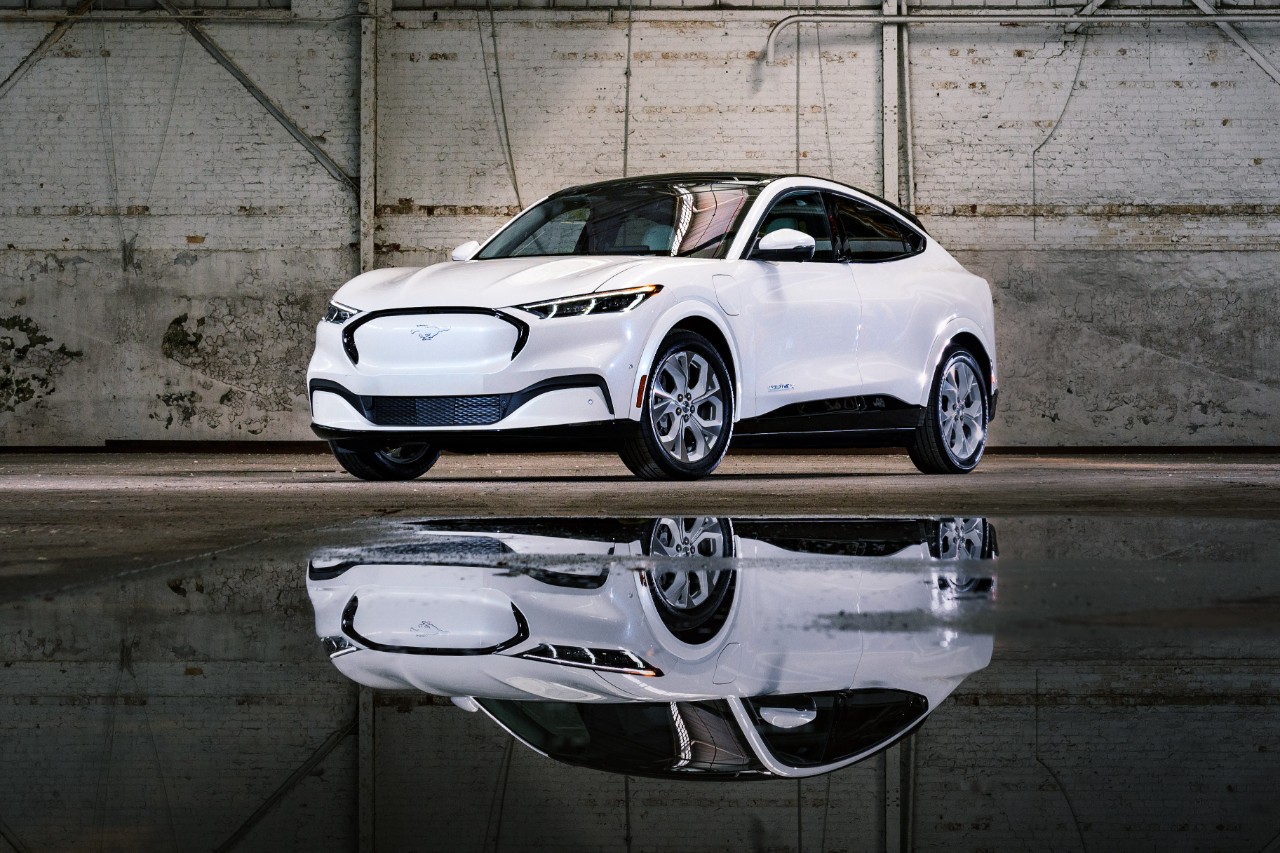What do you look for in a dividend stock? If you're like most investors, the first thing you probably check out is the yield. But chasing yield can cause problems for your portfolio if those yields aren't backed up by solid fundamentals. Risk-averse investors need to make sure those high yields aren't likely to fizzle.
We asked three Motley Fool investors to highlight a top dividend-paying stock with a yield above 2% that is supported by a solid business underneath. They came back with Magellan Midstream Partners (MMP +0.00%), Home Depot (HD +1.01%), and Ford Motor Company (F 0.54%). Here's why they chose the way they did.

Investing in high-yielding dividend stocks is an excellent way to fatten up your portfolio. Image source: Getty Images.
Investing in Energy
John Bromels (Magellan Midstream Partners): If a 2% yield sounds good, a 5.5% payout probably sounds even better. That's what oil and gas pipeline operator Magellan Midstream Partners is currently yielding, which should come as no surprise. Magellan is an energy master limited partnership (MLP), and in exchange for favorable tax treatment, MLPs are required to pay out almost all their net earnings in the form of distributions to their unitholders. That usually translates into big yields.
It can also translate into a few extra hoops for MLP investors to jump through come tax time, but the payouts can certainly be worth the extra red tape. And Magellan's payouts have been growing for a long time. In fact, the company has increased its distribution (the MLP version of a dividend) nearly every quarter since going public in 2001 -- with the only exceptions during the 2009 financial crisis.
That investor-friendly track record should continue in the coming years thanks to Magellan's primarily fee-based revenue stream, conservative management style, and top-notch balance sheet, which all contribute to help Magellan comfortably maintain its payout as well as seek new avenues for growth.
Magellan's high yield combined with its investor-friendly track record make it a solid choice for those seeking a dependable income stream.
Building for the future
Jeremy Bowman (Home Depot): The retail industry has been fraught with pitfalls in recent years due to the rise of e-commerce and pressure from Amazon.com, but one brick-and-mortar chain continues to grow, unfazed by the greater upheaval in the industry.
Home Depot is now worth more than $200 billion, making it the most valuable physical retailer behind Walmart. The company has benefited from a strong housing market and the relative insulation of home-improvement retail from e-commerce. But it's also made smart moves, like resisting opening new stores. It's also improving customer service, and returning capital to shareholders through buybacks and dividends.
The stock now offers a dividend yield of 2.4%, and it's aggressively raised its dividend payment since the recession era, hiking it by 10% or more every year since 2011. The company's payout ratio, or the percentage of earnings that go to dividends, is still reasonable at 55%, so I'd expect the dividend payment to continue to rise alongside profits.
Its overall business is as healthy as ever. At a time when most retailers are happy to see positive comps of any kind, Home Depot posted comparable-store sales growth of 7.5% in its most recent quarter. For the year ahead, management expects comparable-store sales growth of 5% and earnings-per-share growth of 28%, meaning investors are likely to see another fat dividend hike within a year.
Operating in a cyclical business means the company's dividend growth is subject to market conditions, but the long-term need for paint, flooring, and windows isn't going anywhere. That makes Home Depot a strong bet for long-term dividend growth.
Big auto, big dividend
Daniel Miller (Ford Motor Company): If you're looking for top dividend stocks paying more than 2%, look no further than Detroit's second-largest automaker, Ford Motor Company. It's currently set up to be as shareholder-friendly as possible, with a 5.3% yield that's designed to be stable during downturns, and a supplemental dividend that will be added annually depending on profitability levels.
But outside of its stable and sizable dividend, the company is shaking things up and focusing on the healthy parts of its business. That's why Ford made the surprising decision last week to stop producing all Ford-brand sedans after their current generations, except for the Mustang and Focus Active, which is arriving in 2019 in North America. Management plans to reach 8% global profit margins by 2020, two years faster than it originally planned, and upped its five-year cost-cutting target from $14 billion to $25.5 billion.
It's quite the opposite strategy from the recession era, when former CEO Alan Mulally believed Ford needed to lessen its dependence on pickups and SUVs. Current CEO Jim Hackett believes Ford now has to feed the healthy parts of its business to build shareholder value, and management believes light trucks will soon generate nearly 90% of its North American sales.
The strategy is undoubtedly risky, but if demand for SUVs and trucks stays healthy, it could prove to be a very profitable move for Ford as it transitions its business to a future that will increasingly revolve around driverless vehicle technology and smart mobility applications like Uber. In the meantime, its 5.3% dividend looks juicy for income investors.







